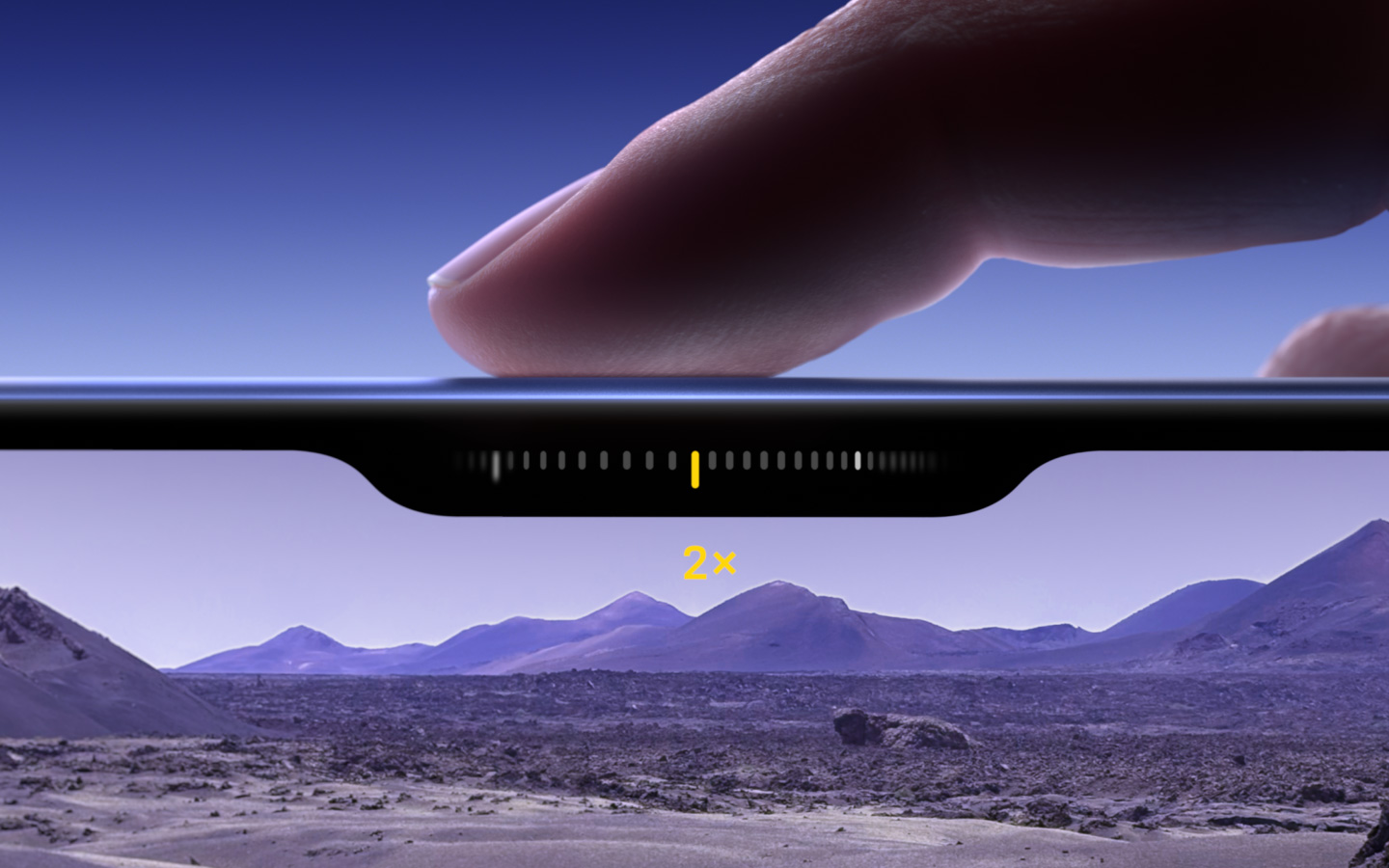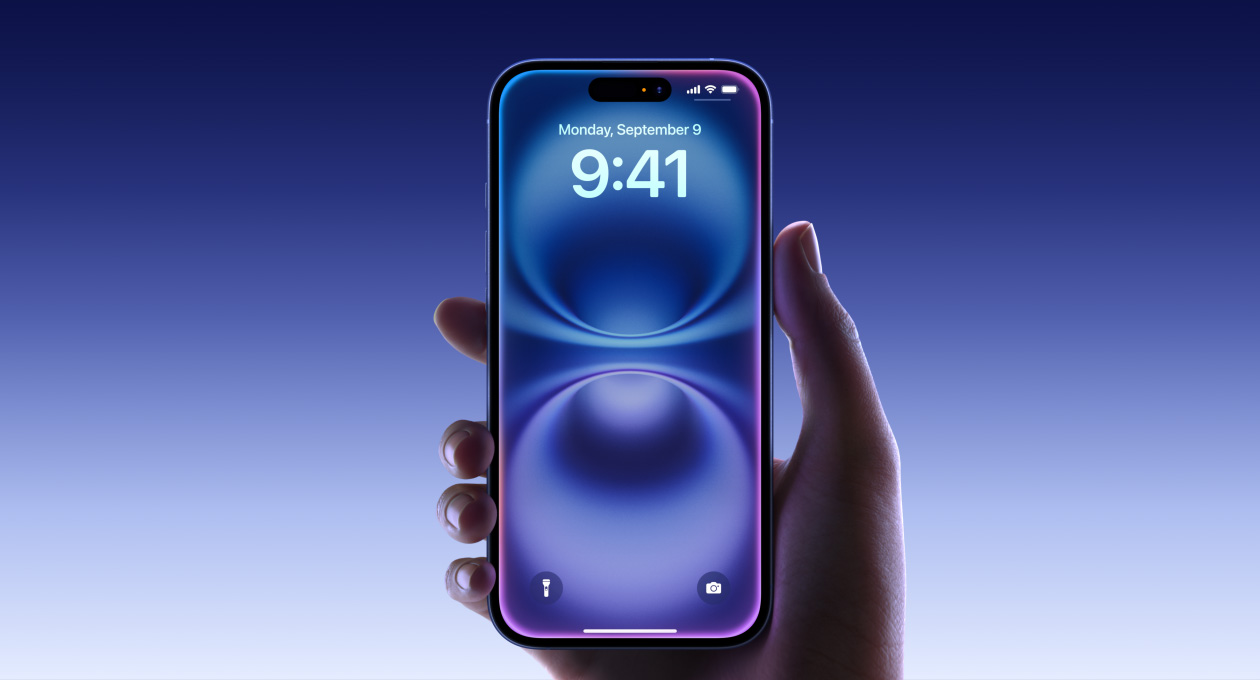
Tariffs. If you've been following the news over the last few months, that word has likely popped up more than any other. Well, not including 'and' and 'Trump', of course. The tech industry, being dependent on labour from all around the world, is in a unique place with tariffs ever looming, and Apple's solution to this problem is just to get as many iPhones in the United States before it all takes place.
As reported by Reuters, Apple has allegedly shipped 600 tons of iPhones (estimated to be around 1.5 million units) from India to the US since March. Production in India was reportedly ramped up ahead of the original date tariffs were set to hit in order to stockpile devices. Reuters reports a source claims Apple "wanted to beat the tariff."
In India, there are three factories in total, with those split between two main suppliers, Foxconn and Tata. The Foxconn plant has reportedly been running on Sundays, in order to ramp up production ahead of tariffs.
Apple has previously been reliant on production from Zhengzhou, China, but has swapped much of its focus to India, which also has a large manufacturing operation. However, this swap in production won't entirely remove Apple from countries hit by tariffs, and importing mass amounts of iPhones is likely only a stall tactic until a better plan, or tariff deal, comes along.
Stockpiling millions of iPhones to sell in the future means Apple can avoid charging more for its tech for as long as possible. The iPhone 14 is likely to be discontinued in September this year, with the likely arrival of the iPhone 17, so production is still very much in the air.

Here's a quick rundown of the timeline thus far. US President Donald Trump announced Tariffs as part of his campaign plan long before his current term in the White House, and he put in place some tariffs back in 2016.
The intent of said tariffs is to encourage production in America, rather than abroad. After months of conversation and delays at the start of this year, Trump finally put a blanket 10% on all countries, with the likes of Taiwan, Vietnam, and China seeing bigger tariffs.
In response to this initial wave, both Vietnam and Taiwan announced they would not apply retaliatory tariffs, in an effort to establish communication with the US. China, inversely, announced its own wave of retaliatory tariffs.
With companies like Framework, Nintendo, and Razer all reportedly making adjustments in response, the stock market saw a negative effect from these tariffs and Trump put a 90-day pause on them just this week. However, he has not taken back the 145% tariff put on China, as of the time of writing.
With tariffs putting stock and shipping instabilities on products, Apple won't be the only company stockpiling. Just this week, it was reported that Samsung pulled in a much higher-than-average profit this quarter due to companies and users stockpiling chips ahead of the implementation of tariffs. With countries seeing a brief pause on tariffs, it seems like production will only continue to ramp until the next time Trump's tariffs hit the world.







